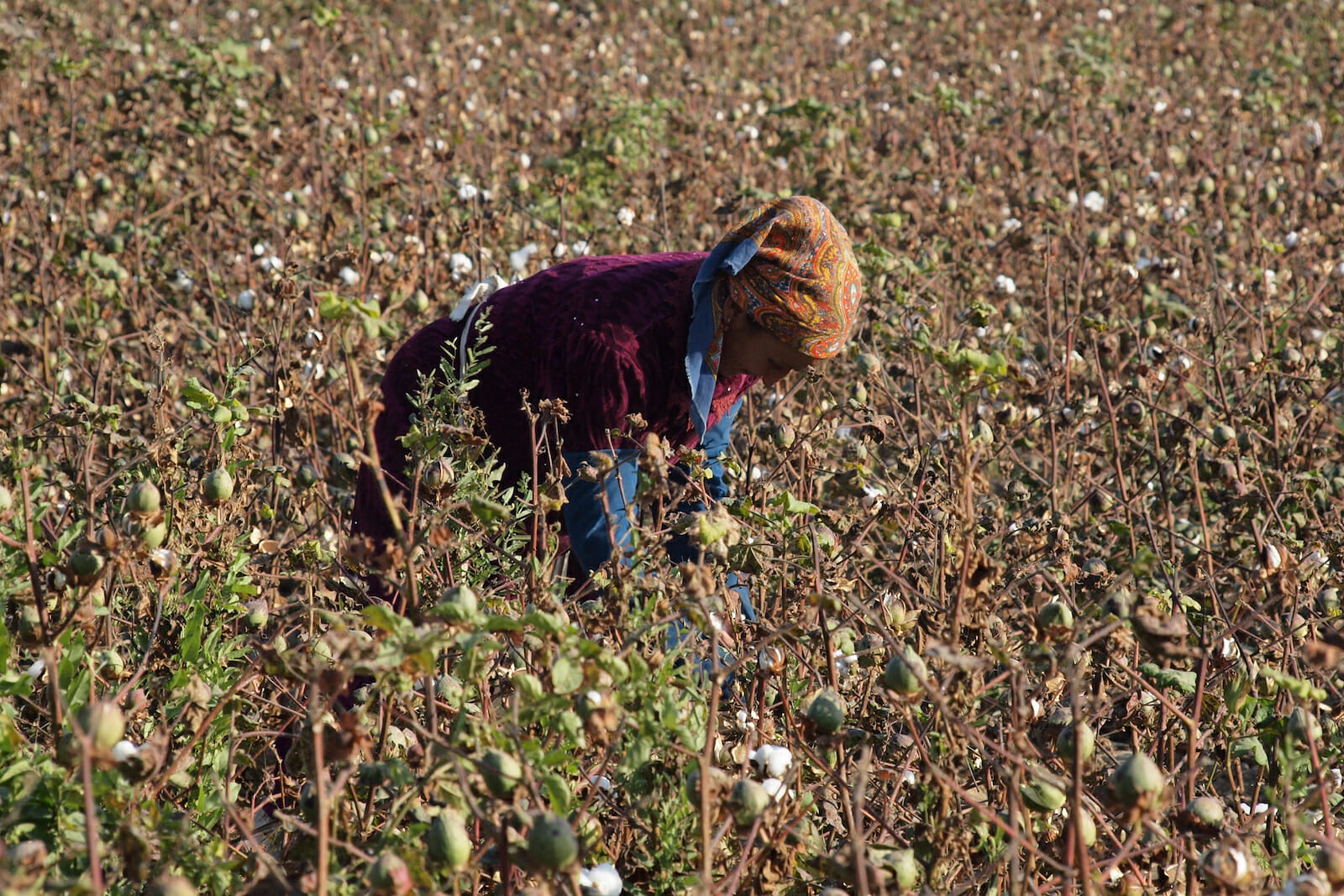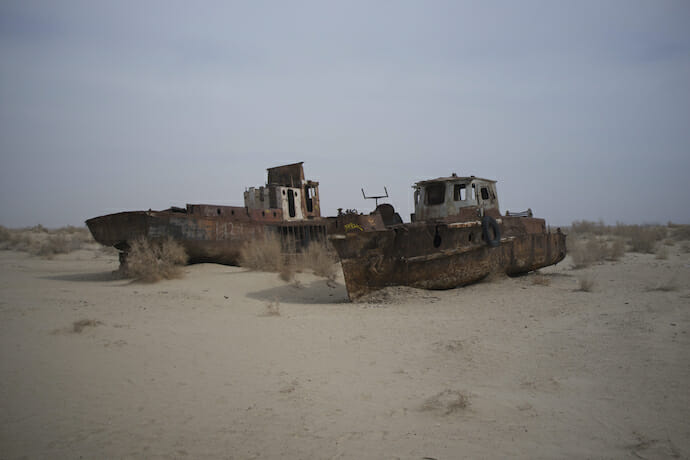
Uzbekistan at the UN: New Challenges Require New Policies
Shavkat Mirziyoyev, Uzbekistan’s president, addressed the UN General Assembly on September 23, 2020 on topics of interest to the citizens of Uzbekistan, Central Asia, and the international community: peace in Afghanistan, domestic reforms, and the Aral Sea disaster.
It is worth paying close attention to what he said in his address. As the United States pulls back from Afghanistan, it will rely on states, like Uzbekistan, with growing economies and modernized governments, to shepherd Afghanistan into the affairs of the region, both political and economic. Afghanistan had long been considered part of Central Asia before the interregnum of the Russian Revolution and the Cold War, and Uzbekistan and other Central Asian countries are adamant it should return to its traditional home.
Peace in Afghanistan. President Mirziyoyev called for the creation of a permanent UN committee on Afghanistan to strengthen regional and international consensus on how to resolve the situation in Afghanistan; ensure the international community’s efforts are consistent and efficient; help transform Afghanistan into a platform for regional cooperation rather than a regional battleground; and, increase the effectiveness of the fight against terrorism and violent extremism.
Uzbekistan’s interest in its southern neighbor is nothing new. In 1997, Uzbekistan founded the “6+2” group to promote a broad-based Kabul government. In March 2018, Uzbekistan sponsored the Tashkent conference to promote direct negotiations between Kabul and the Taliban. The Tashkent Declaration adopted at the conference became the basis for several rounds of negotiations between Afghanistan’s political leaders and Taliban representatives.
Promoting a durable political settlement was on the agenda of the inaugural U.S.-Afghanistan-Uzbekistan Trilateral Meeting on May 27 that established working groups on the economy, security, and political cooperation. And early this month Uzbekistan and Turkmenistan offered to host intra-Afghan peace talks.
A change in Uzbekistan’s mindset is as important as these meetings. There is a need, to recognize that Afghanistan can be a source of economic opportunity, not a source of trouble, and that stability can be promoted by projects like the Mazar-i-Sharif-Peshawar railway, the Surkhon-Puli-Khumri power line, and the educational center for Afghan youth in Termez.
Domestic reforms. The previous government, in power from 1991-2016, emphasized economic self-sufficiency and pursued an isolationist foreign policy. With the election of President Mirziyoyev in December 2016, outside observers focused on their priorities: religious freedom, forced adult and child labor for the cotton harvest, political prisoners, and reform of the security services. The new administration attended to those issues and has had some successes, but its mission is reforming the economy to drive positive changes across society, including its declared goal to reduce poverty.
Reforming the economy means reducing the role of the state bureaucracy in the economy and attracting foreign investment. Reducing the role of the state lessens the opportunity for corruption and the role of its accomplice, the “shadow economy.” Such will increase the confidence of both Uzbek citizens and foreign investors that there are real opportunities at hand and allow the state to dedicate its resources to improving services.
Lately, Tashkent has liberalized the exchange rate, lifted foreign currency controls, reduced tariffs, and slated state-owned enterprises for privatization. It seeks to produce goods with higher added value than basic commodities and to diversify sales markets away from its immediate neighbors, Russia, and China. The government resolved border disputes with Tajikistan and the Kyrgyz Republic which will facilitate trade, and wants to further diversify foreign trade routes, creating alternative, efficient transit corridors needed to send high value-added exports to new markets.
Why the push? Because 60 percent of the population is under 30, meaning 60 percent of the population has no memory of life in the Soviet Union. Paradoxically, Uzbekistan’s isolationism buffered it from Russia’s 1998 economic collapse, and it avoided many of the effects of the 2008 worldwide financial calamity, so young Uzbeks don’t have a yearning for Soviet-era “stability.” What the under-30s do have is high expectations and knowledge of the opportunities available to their peers in other countries.

In August, Uzbekistan hosted “Youth 2020: Global Solidarity, Sustainable Development and Human Rights” which underlined “the important role that youth can play in the promotion of peace and security, sustainable development, human rights.” In short, an economic reform policy is a youth policy, and a successful youth policy is a key to countering extremism.
The government has been lauded for “initiating change without provoking destabilization” but it still faces challenges from COVID -19 and peace in Afghanistan is far from a done deal. Economic reform will beget youth that are resistant to extremism, which will attract more investment, spurring more opportunity – a virtuous circle that will result in a more resilient society and economy.
Aral Sea disaster. In his General Assembly address, President Mirziyoyev called on the body to declare the Aral Sea region an area of ecological innovation and technologies.
This follows on the president’s New Year’s address to Uzbekistan’s parliament where he highlighted continuing work to mitigate the consequences of the Aral Sea disaster. The country will continue to work with the Human Security Multi-Partner Trust Fund for the Aral Sea Region, which was established at Uzbekistan’s initiative, and the international financial institutions, through the International innovation Center for the Aral Sea Basin located in Karakalpaksan.
Immediate priorities are to expand forest plantations on the dry bottom of the sea roots to fix the soil and prevent erosion, and to create green belts around the cities of Nukus, Urgench, and Khiva. The government also intends to develop the water supply system to provide the people of the region with clean drinking water; improve the sewage systems and the irrigation network; and develop the transportation and communication infrastructure of the isolated settlements in the region.
Tashkent’s goal is to revive communities and create livelihoods, while dealing with adverse health effects of desertification such as respiratory diseases and cancers. Uzbekistan, partnering with the UN, multilateral development banks, and bilateral partners like South Korea, will ensure economic development will create the good jobs that will be the cornerstone for sustainable, vibrant economies in the Karakalpaksan region.
President Mirziyoyev’s UN address highlighted that Uzbekistan is using domestic reforms and regional engagement to strengthen democracy, transition to a market economy, modernize state institutions, and invest in human capital. In the words of the president, “A new Uzbekistan is being formed. The process of democratic transformations in our country has become irreversible.”

